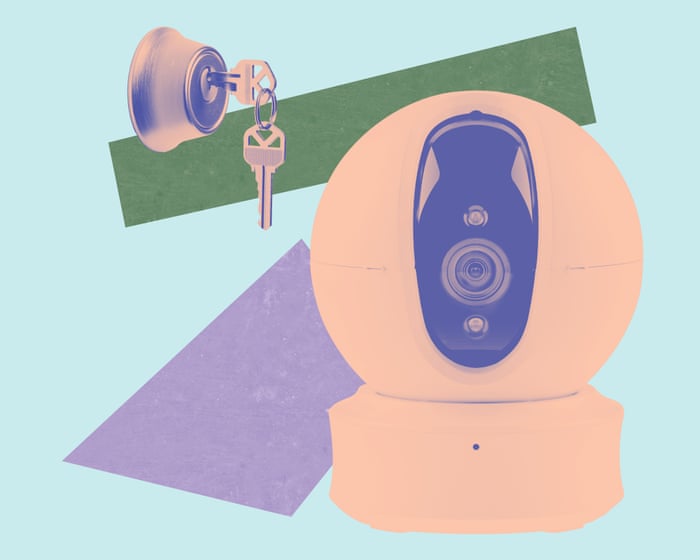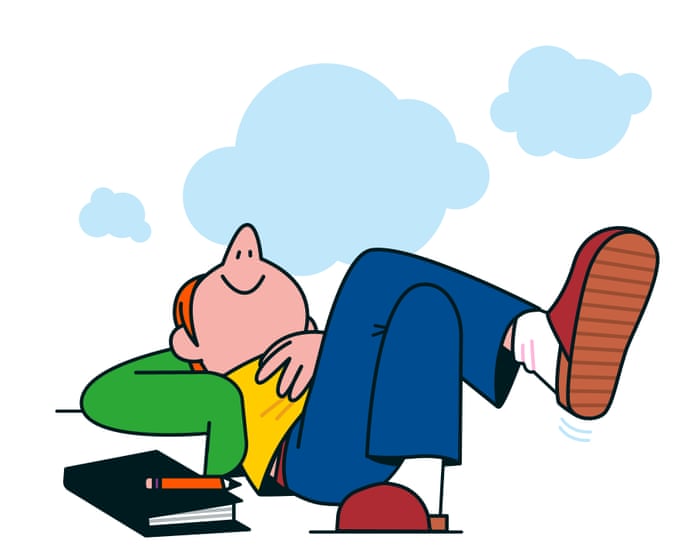About ten years ago, Aamir Khan grew concerned. Despite being one of Bollywood’s most successful stars for over three decades, he realized only a small fraction of India’s 1.4 billion people were watching his films in theaters.
While Indian cinema is beloved and culturally influential, just 2-3% of the population goes to the movies. A major issue is accessibility, especially in rural areas. Khan—known for hits like Lagaan, 3 Idiots, and Taare Zameen Par—spent years trying to create a plan for affordable rural cinemas where films could be streamed via satellite. But endless bureaucracy stalled the initiative.
Cost is another barrier. Moviegoing used to be an affordable, lively experience where families filled single-screen theaters, cheering and dancing for just a few rupees. Now, with multiplexes dominating, tickets often cost over ₹500 (£4.30)—far beyond most Indians’ budgets.
“When my first film released, tickets were ₹10, and families from all backgrounds could pack theaters,” said Khan, now 60. “But today, cinemas cater mostly to the upper class. As filmmakers, we haven’t done enough to reach the other 97%.”
Instead, people have turned to satellite TV or pirated copies on their phones.
This week, Khan proposed a solution—what he calls “the future of Indian cinema.” His latest film, Sitaare Zameen Par (Stars on Earth), will debut in theaters before releasing exclusively on YouTube for just ₹100 (less than £1). His past and future films will follow.
He chose YouTube deliberately—with 491 million Indian users, its reach dwarfs platforms like Netflix (12 million subscribers). “It was an absolute no-brainer,” Khan said.
“Internet access is huge now—you don’t need theaters to reach audiences,” he explained. “This model can serve both viewers and filmmakers. Theaters should come first, but films must then be affordable for the masses.”
While he prefers the big screen, Khan acknowledges theaters aren’t serving his intended audience. “At ₹100, a whole family—maybe even neighbors—can watch together, making the cost per person minimal.”
His move also addresses streaming’s role in Indian cinema’s struggles. By offering an affordable alternative, Khan hopes to reconnect with the vast audience theaters have left behind.Streaming services, rather than increasing audiences, have proven counterproductive for Indian cinema. They’ve led to a situation where films barely get a chance in theaters before being lost among millions of others on digital platforms.
“I believe cinema is struggling right now, and I’m doing what I can to revive it,” said Khan.
The industry’s challenges go beyond poor box office performance. Over the past decade, as right-wing Hindu nationalist politics have gained dominance in India, filmmakers have accused censors of being overly strict, blocking anything politically sensitive.
Bollywood’s biggest male stars—Aamir Khan, Shah Rukh Khan, and Salman Khan, often called the “Khans of Bollywood”—are all Muslim and have faced nationalist backlash. They’ve been subjected to hate campaigns, boycotts, and accusations of being “anti-India.” Aamir Khan, in particular, still faces criticism for remarks he made a decade ago about feeling unsafe due to “rising intolerance,” which sparked protests.
Khan acknowledged that many in the industry feel their creative freedom is being restricted by those in power who lack an understanding of mass communication. “They feel they can’t express themselves the way they want to,” he said.
However, Khan pointed out that censorship and other pressures on Indian cinema are not new—they date back to the 1940s. “Every society has a small percentage of people with negative views, and that won’t change,” he added.
Though he has considered retirement—even secretly retiring for six months during the pandemic—Khan remains optimistic about Indian cinema’s future. “I’m hopeful this new approach will work,” he said. “If it doesn’t, we’re all in trouble.”



